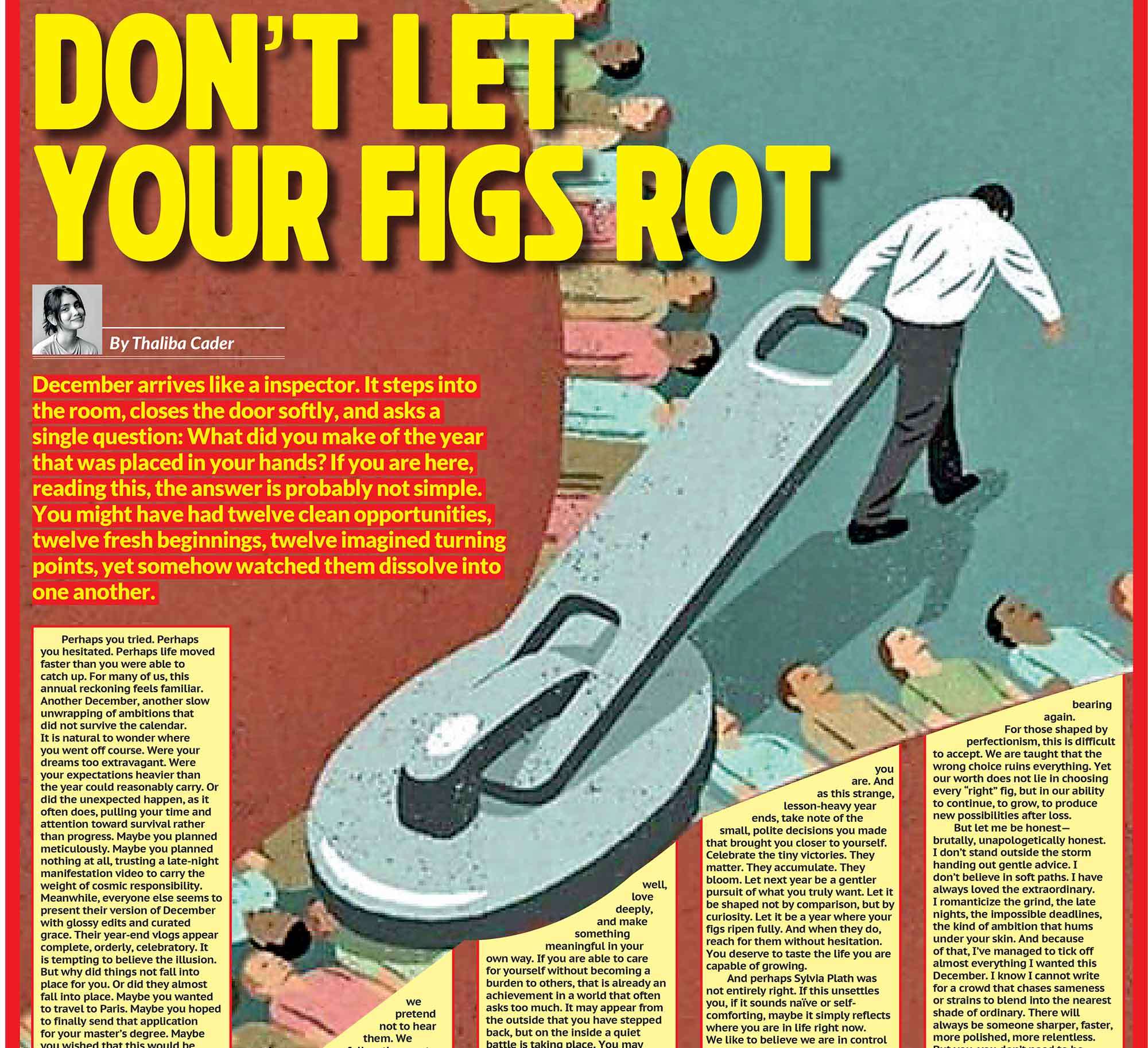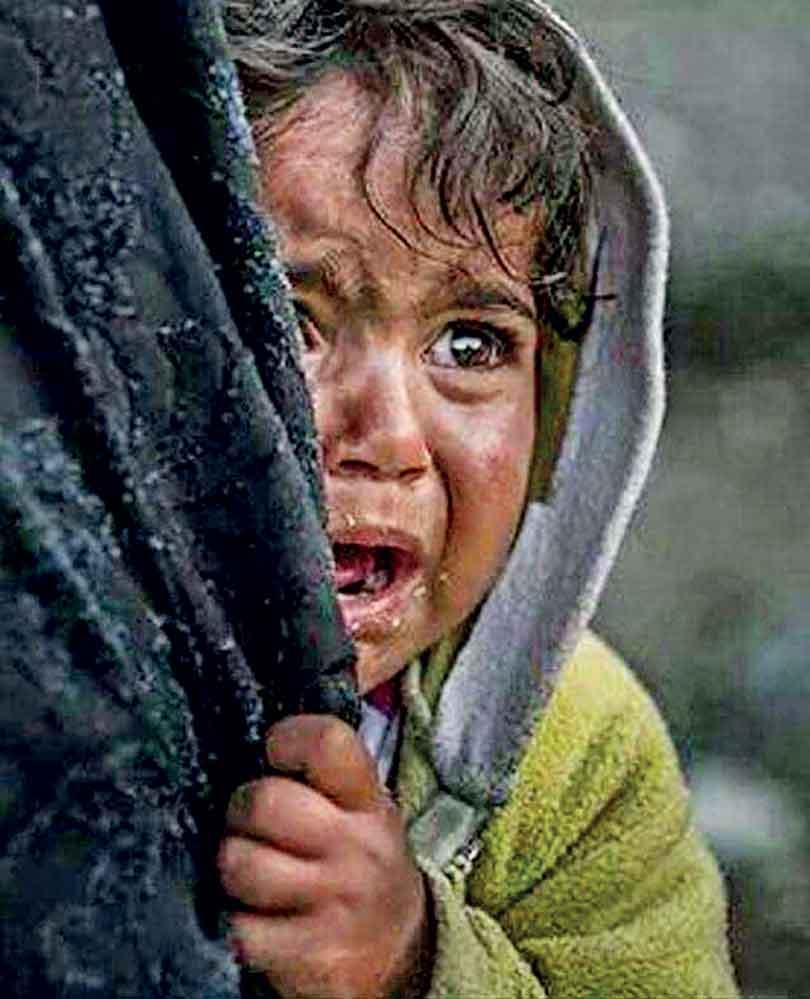
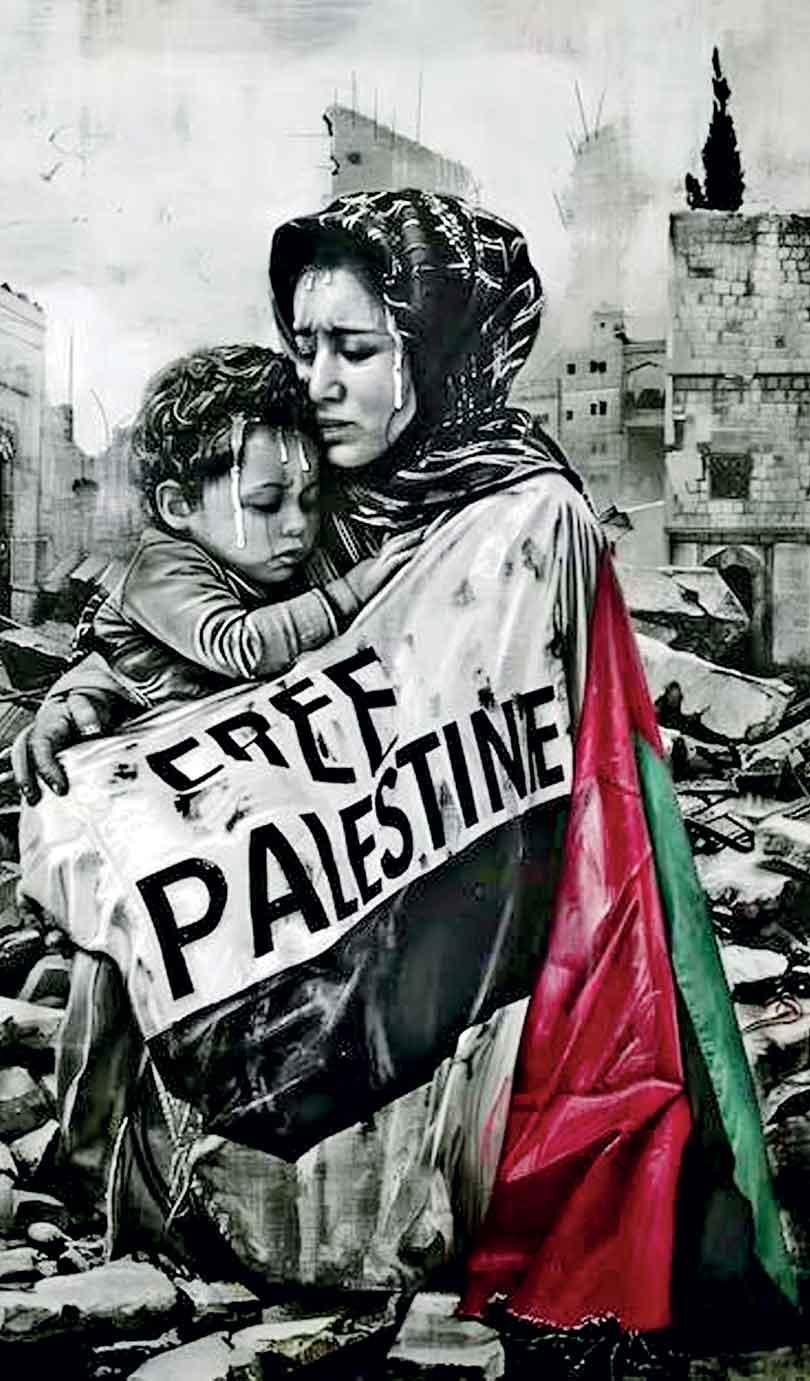
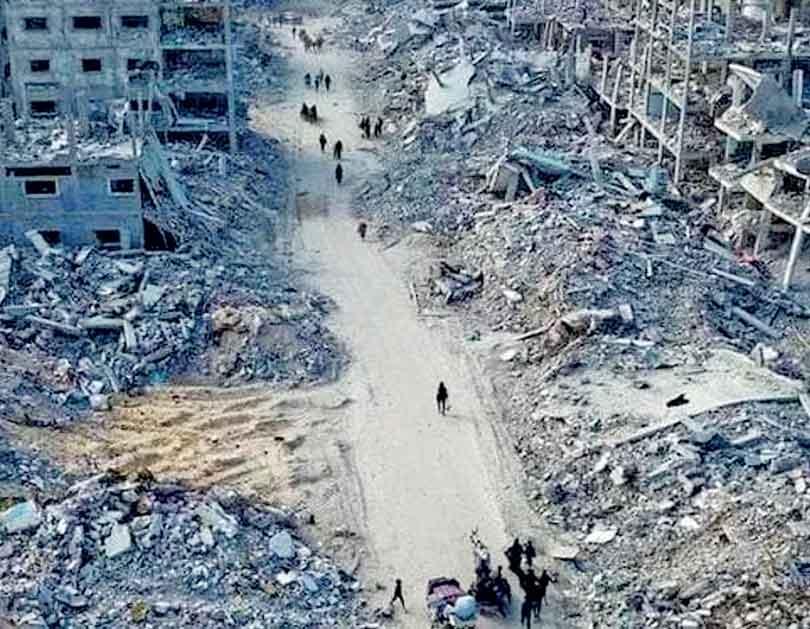
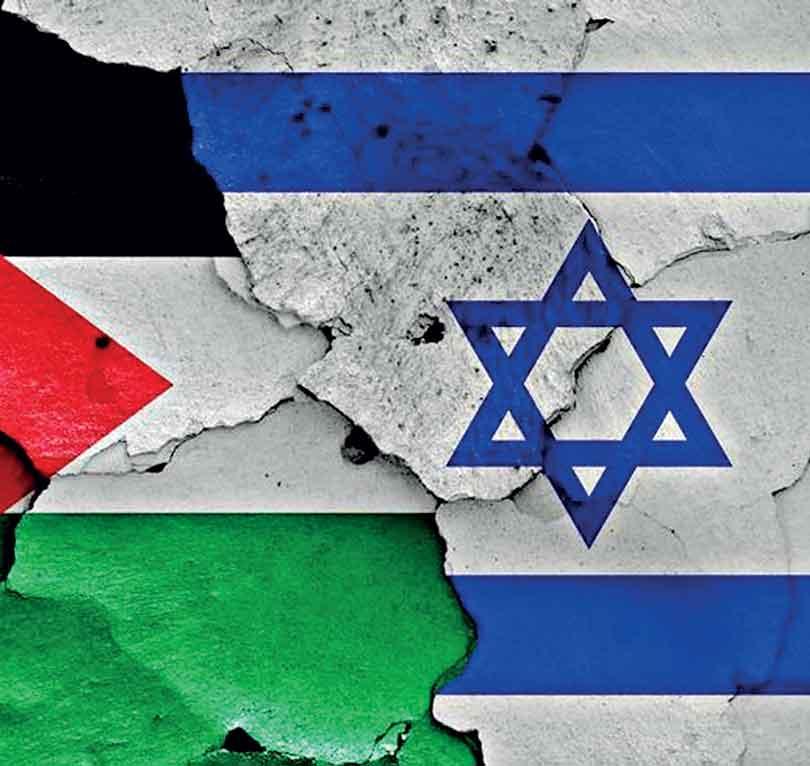
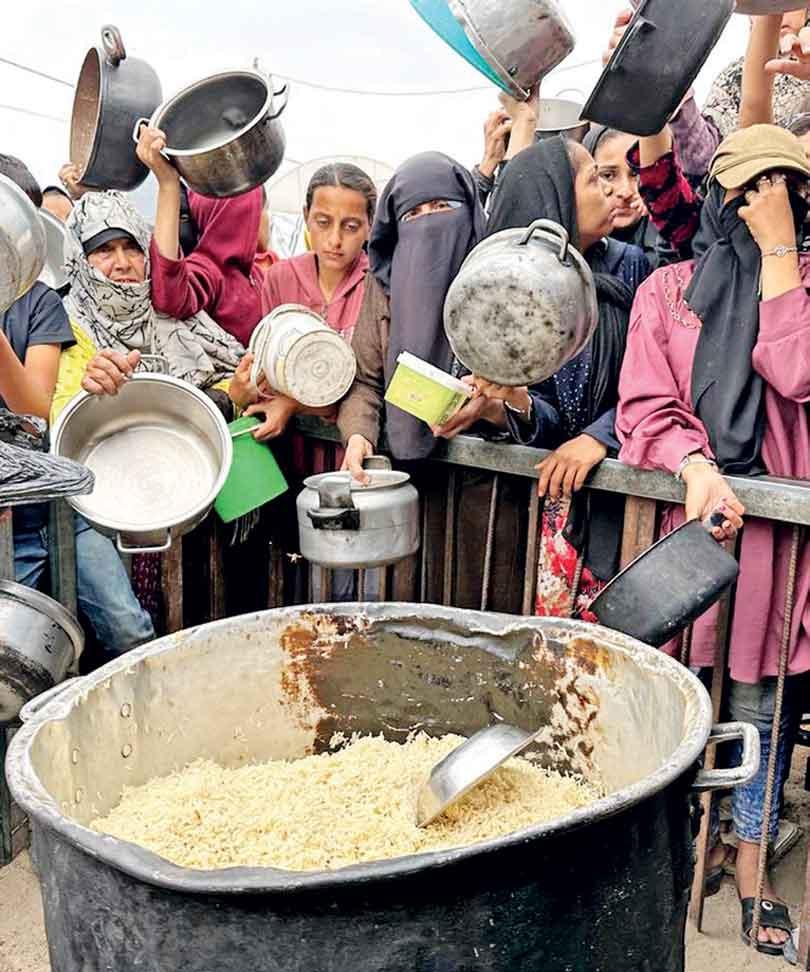
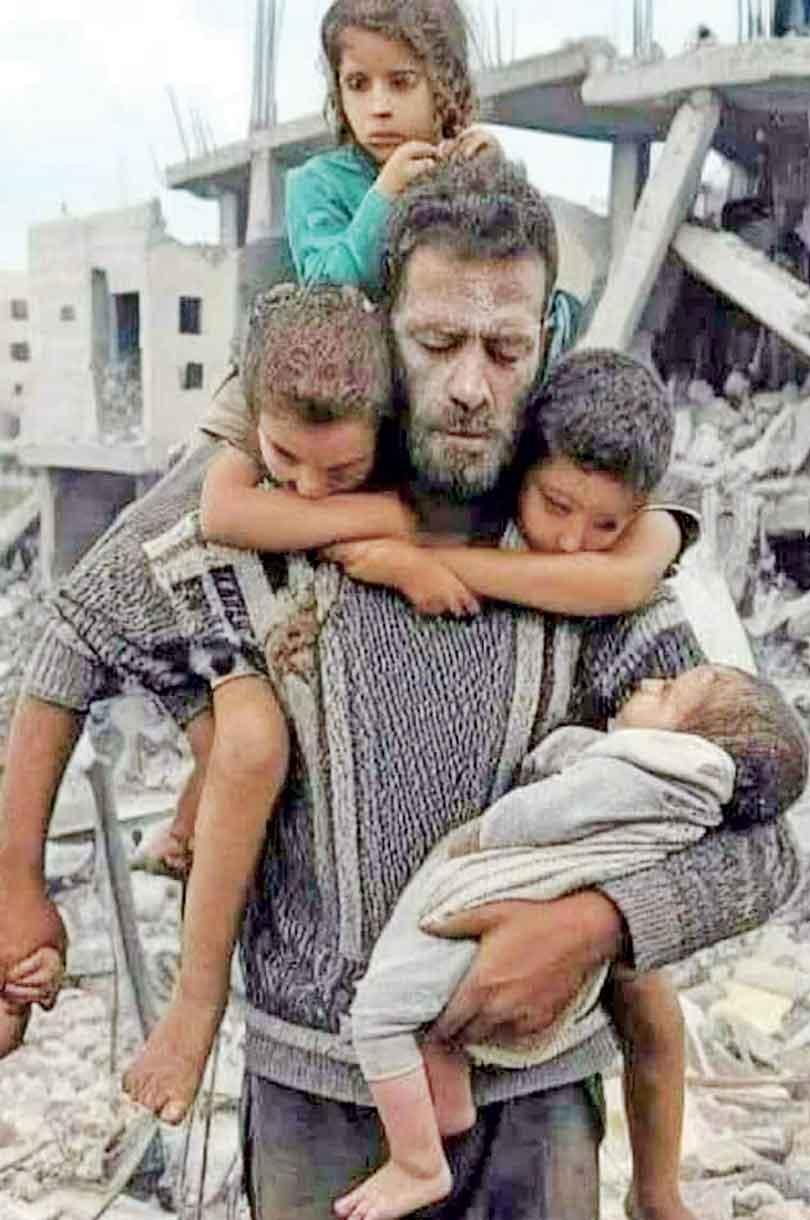
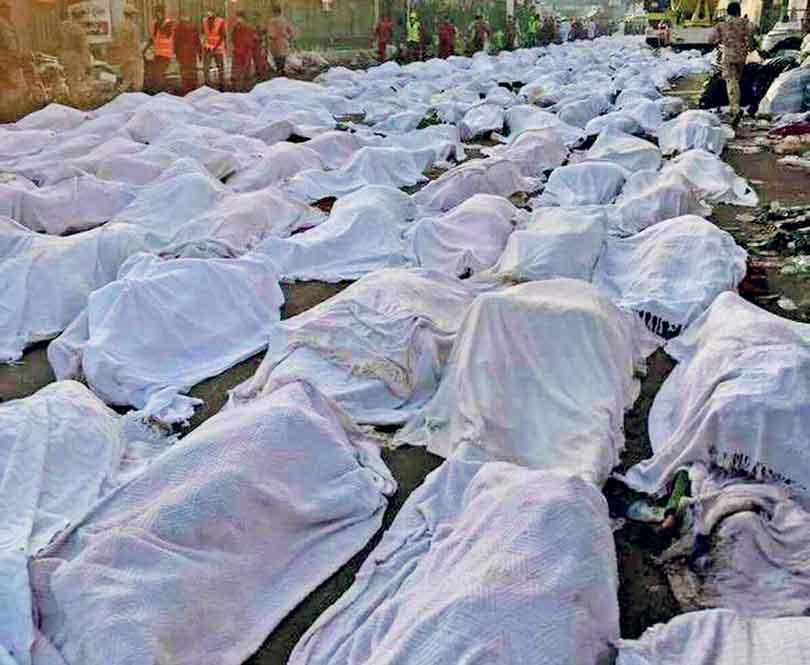
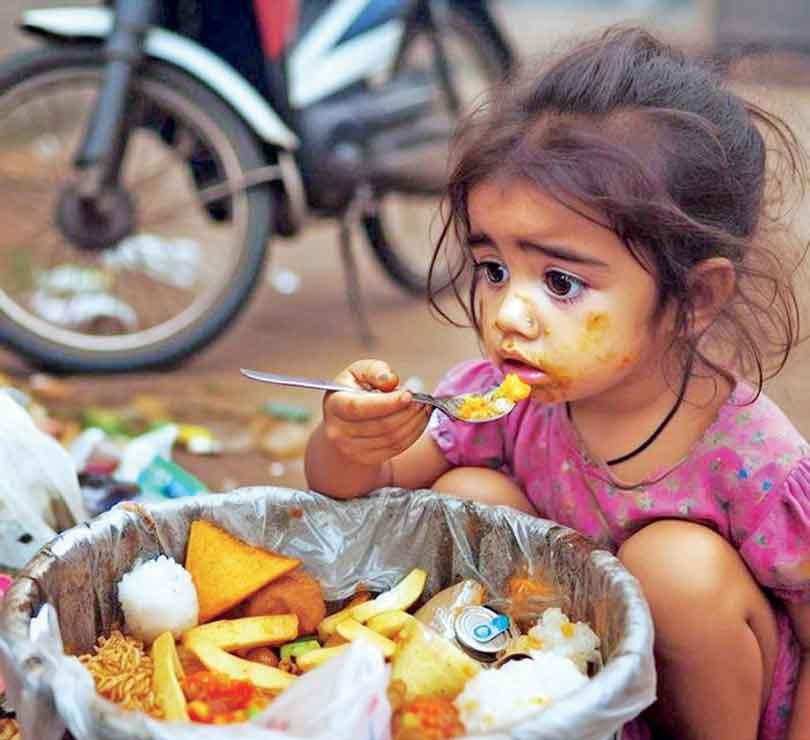
The region's agricultural sector has been severely affected, leading to food shortages and high levels of malnutrition. Many Gazans rely on international aid to meet their basic needs, with the World Food Programme reporting that over 90% of the population is food insecure.
The Israeli-Palestinian conflict has led to a devastating humanitarian crisis in Gaza, with children and parents bearing the brunt of the suffering. Israeli attacks have resulted in significant loss of life, including women and children, with reports indicating over 56,000 Palestinians killed and 131,848 injured since October 7, 2023. In recent incidents, Israeli forces have killed over 80 people in Gaza, including dozens of aid seekers, with many more injured. The Gaza Humanitarian Foundation has reported over 400 Palestinians killed and 1,000 wounded by Israeli soldiers since its aid rollout began. The situation is particularly dire for those seeking aid, with the United Nations labeling the militarized humanitarian distribution system in Gaza a ‘death trap.’ The system prioritizes Israeli military objectives over humanitarian needs, leading to daily carnage near aid distribution points. UNRWA head Philippe Lazzarini has condemned the system, stating that people are being killed just for trying to get food. The international community has expressed concern, with Lazzarini adding that those enabling or profiting from this system face a “real risk of prosecution for complicity in war crimes.”
One notable example is the killing of Palestinians seeking aid near the Kuwaiti Roundabout in Gaza City. Israeli forces have repeatedly targeted civilians attempting to access food and other essential supplies, resulting in significant loss of life. In one incident, at least 112 Palestinians were killed and 760 injured while waiting for aid. Such incidents have become all too common, with the UN expressing deep concern over the safety of civilians in Gaza. The healthcare system in Gaza has also been severely impacted, with targeted destruction by the Israeli military amounting to ‘medicide,’ according to UN experts. Many health workers have been killed, detained, or starved, exacerbating the humanitarian crisis. For instance, Dr. Ahmed al-Kahlot, a doctor in Gaza, reported that hospitals are struggling to provide care due to the lack of resources and the constant threat of attacks. The blockade has limited access to medical supplies and equipment, further worsening the situation.
The blockade has also had a significant impact on the economy and infrastructure of Gaza. The region's agricultural sector has been severely affected, leading to food shortages and high levels of malnutrition. Many Gazans rely on international aid to meet their basic needs, with the World Food Programme reporting that over 90% of the population is food insecure. The lack of access to clean water, sanitation, and electricity has further exacerbated the humanitarian crisis. The psychological impact of the conflict on Gaza's residents, particularly children, should not be underestimated.
Many Gazans have experienced trauma and stress due to the ongoing violence and instability. The lack of access to education and recreational activities has further exacerbated the situation, with many children struggling to cope with the trauma they have experienced. The international community has a crucial role to play in addressing the humanitarian crisis in Gaza. Providing aid and support to Gaza's residents can help alleviate their suffering and improve their living conditions. However, the current system of aid distribution is flawed, with many Gazans facing significant risks when attempting to access aid. The international community must work to address these issues and ensure that aid is delivered safely and effectively.
The time has come to stand in solidarity with the people of Gaza and advocate for their freedom from the Israeli blockade and military occupation. For too long, Palestinians have endured unimaginable suffering, displacement, and loss. The international community must take a firm stance in demanding justice and equality for the Palestinian people. Free Palestine from the shackles of oppression and apartheid. It is time to recognize the inherent dignity and worth of every Palestinian, and to acknowledge their right to self-determination and statehood. The blockade of Gaza must be lifted, and Palestinians must be allowed to live their lives without fear of violence, imprisonment, or displacement. The struggle for Palestinian freedom is not just a Palestinian issue, but a human rights issue that requires the attention and action of people around the world. We must come together to condemn the injustices faced by Palestinians and to demand accountability from those responsible for their suffering.
As we reflect on the humanitarian crisis in Gaza, we are reminded of the resilience and determination of the Palestinian people. Despite the unimaginable challenges they face, they continue to resist, to organize, and to advocate for their rights. We must stand in solidarity with them, amplifying their voices and supporting their struggle for freedom and justice. Let us work towards a future where Palestinians can live in peace and dignity, free from the occupation and blockade that have defined their lives for far too long. Let us strive for a world where human rights are respected, and all people can live without fear of persecution or violence. Free Palestine, and let the Palestinian people determine their own destiny, free from Israeli occupation and oppression.











